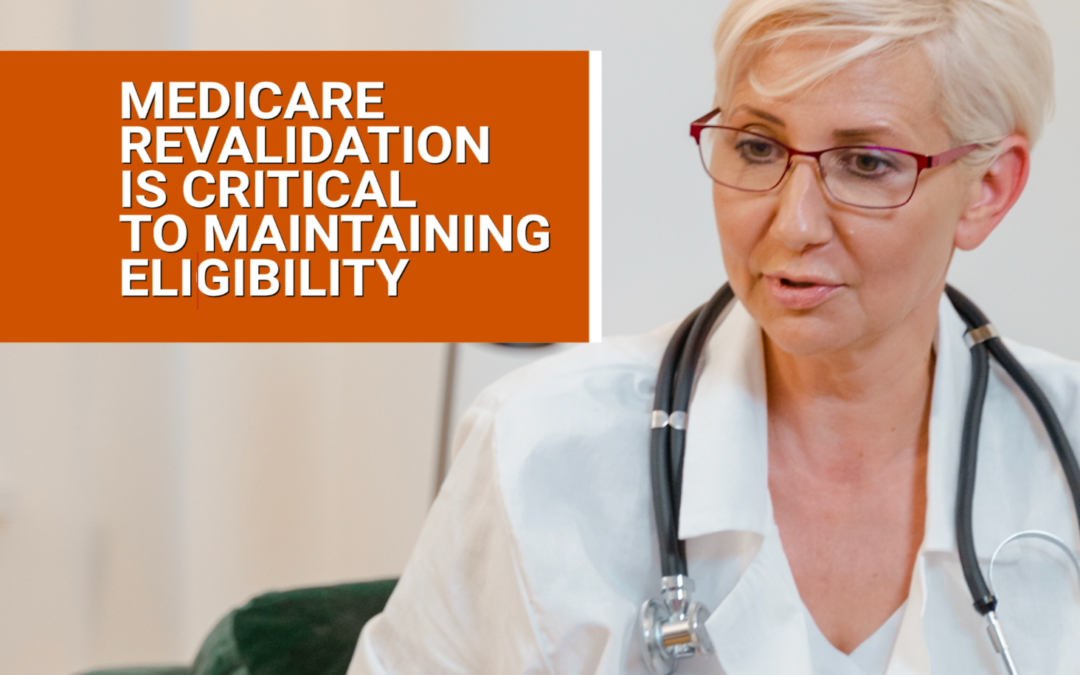
Full Practice Authority for NPs Continues to Grow
With two more states recently joining the list of locations that allow Full Practice Authority, many nurse practitioners are exploring the option of operating independently. As the need for qualified healthcare professionals continues to grow and the ability for NPs to practice independently continues to increase, quickly gaining credentials and navigating compliance challenges becomes more and more important.
Recently, Massachusetts and Delaware became the latest states to enact Full Practice Authority (FPA) for nurse practitioners (NPs), bringing the total number of states to 24. With this new inclusion, nearly half of U.S. states now allow nurse practitioners to operate on their own. Essentially, this means that registered nurses can practice independently from physicians, allowing for more autonomy in their careers and the care they provide.
So why this is significant? This means that registered nurses can practice independently from physicians, allowing for more autonomy in their careers and the care they provide. Nurses are no longer “tied” to physicians, so to speak.
These new laws cannot come at a better time. We know that the amount of practicing medical doctors has dwindled in recent years, due to the pandemic and many providers leaving the field. This has led to a short supply of physicians in the U.S., which has only 2.6 practicing physicians per 1,000 people, compared to 4.3 in Sweden and 3.2 in France. This decrease is driving unprecedented demand for nurse practitioners (NPs), with an expected increase of 52% through 2029.
Traditionally, state practice and licensure laws required NPs to have a career-long collaborating or supervising physician to provide patient care. However, with more and more states allowing Full Practice Authority, now nearly half of U.S. states now allow nurse practitioners to operate on their own. But in order for NPs to move forward with independent practice, credentialing is essential. How can nurse practitioners looking to establish their own practices quickly gain credentials and painlessly navigate the challenges of compliance?
Operating independently means nurses need to establish credentials as a standalone provider to be eligible for in-network status to receive physician-level reimbursements. These tasks, and complying with the Council for Affordable Quality Healthcare’s (CAQH) requirements, can be taxing and time-consuming, even for the most seasoned professional. Creating a new CAQH application is highly manual, and the required quarterly updates for re-attestation can be onerous. Extensive credentials including education, residency, internships, and peer references are also required, which require time to gather information and resources. It’s not an exaggeration to say that many hours must be spent uploading copies of licensing information, board certifications, DEA registration, and insurance certificates.
NPs looking to leave their current situation may need help navigating credentialing challenges. Partnering with a third-party provider to help manage credentialing lightens the load and allows nurses to focus on patient care. TriZetto Provider Solutions (TPS) offers an end-to-end credentialing service that ensures continuous payer follow-up and insight into enrollment status.
Discover the most painless way to gain credentials. Visit our TPS partner page to get started.
ABOUT EZCLAIM:
As a medical billing expert, EZClaim can help the medical practice improve its revenues since it is a medical billing and scheduling software company. EZClaim provides a best-in-class product, with correspondingly exceptional service and support. Combined, EZClaim helps improve medical billing revenues. To learn more, visit EZClaim’s website, email them, or call them today at 877.650.0904.


